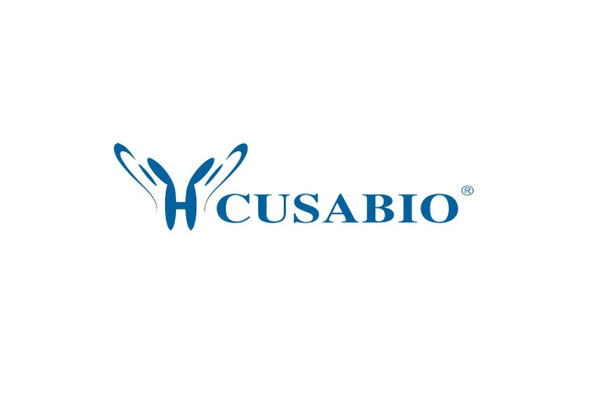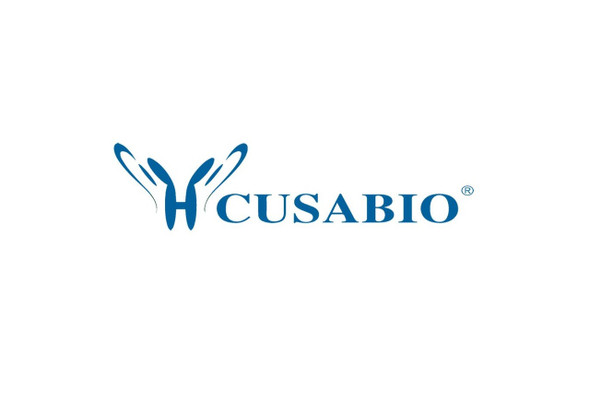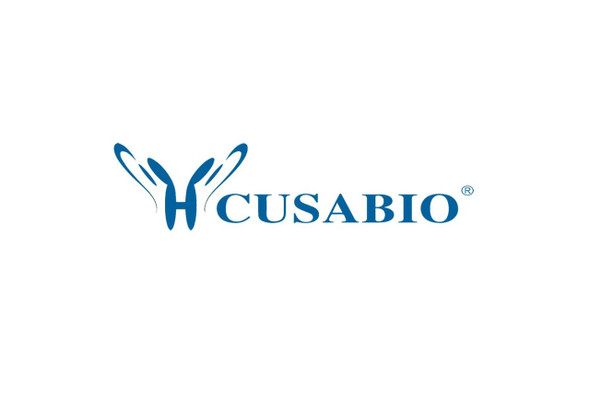Cusabio Human Recombinants
Recombinant Human Phospholysine phosphohistidine inorganic pyrophosphate phosphatase (LHPP) | CSB-YP867114HU
- SKU:
- CSB-YP867114HU
- Availability:
- 25 - 35 Working Days
Description
Recombinant Human Phospholysine phosphohistidine inorganic pyrophosphate phosphatase (LHPP) | CSB-YP867114HU | Cusabio
Alternative Name(s): FLJ44846; FLJ46044; HDHD2B; hLHPP; lhpp; LHPP_HUMAN; Phospholysine phosphohistidine inorganic pyrophosphate phosphatase
Gene Names: LHPP
Research Areas: Metabolism
Organism: Homo sapiens (Human)
AA Sequence: MAPWGKRLAGVRGVLLDISGVLYDSGAGGGTAIAGSVEAVARLKRSRLKVRFCTNESQKSRAELVGQLQRLGFDISEQEVTAPAPAACQILKEQGLRPYLLIHDGVRSEFDQIDTSNPNCVVIADAGESFSYQNMNNAFQVLMELEKPVLISLGKGRYYKETSGLMLDVGPYMKALEYACGIKAEVVGKPSPEFFKSALQAIGVEAHQAVMIGDDIVGDVGGAQRCGMRALQVRTGKFRPSDEHHPEVKADGYVDNLAEAVDLLLQHADK
Source: Yeast
Tag Info: N-terminal 6xHis-tagged
Expression Region: 1-270aa
Sequence Info: Full Length
MW: 31.2 kDa
Purity: Greater than 90% as determined by SDS-PAGE.
Relevance: Phosphatase that hydrolyzes imidodiphosphate, 3-phosphohistidine and 6-phospholysine. Has broad substrate specificity and can also hydrolyze inorganic diphosphate, but with lower efficiency (By similarity)
Reference: "Molecular cloning of a cDNA for the human phospholysine phosphohistidine inorganic pyrophosphate phosphatase."Yokoi F., Hiraishi H., Izuhara K.J. Biochem. 133:607-614(2003)
Storage: The shelf life is related to many factors, storage state, buffer ingredients, storage temperature and the stability of the protein itself. Generally, the shelf life of liquid form is 6 months at -20?/-80?. The shelf life of lyophilized form is 12 months at -20?/-80?.
Notes: Repeated freezing and thawing is not recommended. Store working aliquots at 4? for up to one week.
Function: Phosphatase that hydrolyzes imidodiphosphate, 3-phosphohistidine and 6-phospholysine. Has broad substrate specificity and can also hydrolyze inorganic diphosphate, but with lower efficiency (By similarity).
Involvement in disease:
Subcellular Location: Cytoplasm, Nucleus
Protein Families: HAD-like hydrolase superfamily
Tissue Specificity: Expressed in brain, and at lower levels in liver and kidney. Detected in thyroid (at protein level). Expressed in liver, kidney and moderately in brain.
Paythway: OxidativePhosphorylation
Form: Liquid or Lyophilized powder
Buffer: If the delivery form is liquid, the default storage buffer is Tris/PBS-based buffer, 5%-50% glycerol. If the delivery form is lyophilized powder, the buffer before lyophilization is Tris/PBS-based buffer, 6% Trehalose, pH 8.0.
Reconstitution: We recommend that this vial be briefly centrifuged prior to opening to bring the contents to the bottom. Please reconstitute protein in deionized sterile water to a concentration of 0.1-1.0 mg/mL.We recommend to add 5-50% of glycerol (final concentration) and aliquot for long-term storage at -20?/-80?. Our default final concentration of glycerol is 50%. Customers could use it as reference.
Uniprot ID: Q9H008
HGNC Database Link: HGNC
UniGene Database Link: UniGene
KEGG Database Link: KEGG
STRING Database Link: STRING
OMIM Database Link: OMIM









